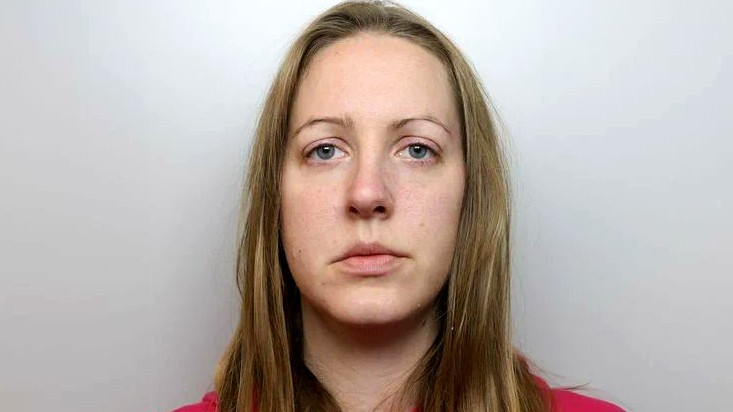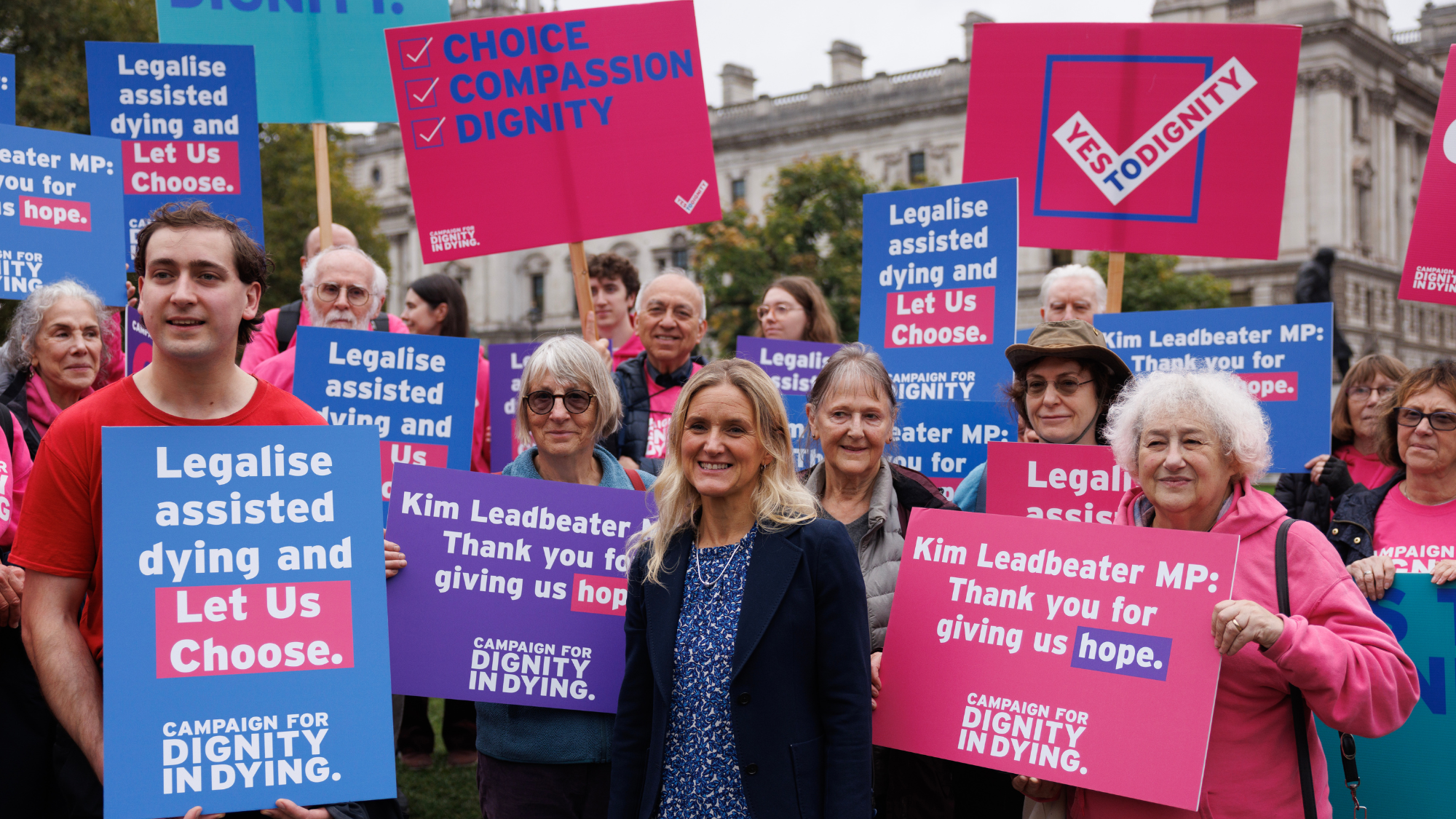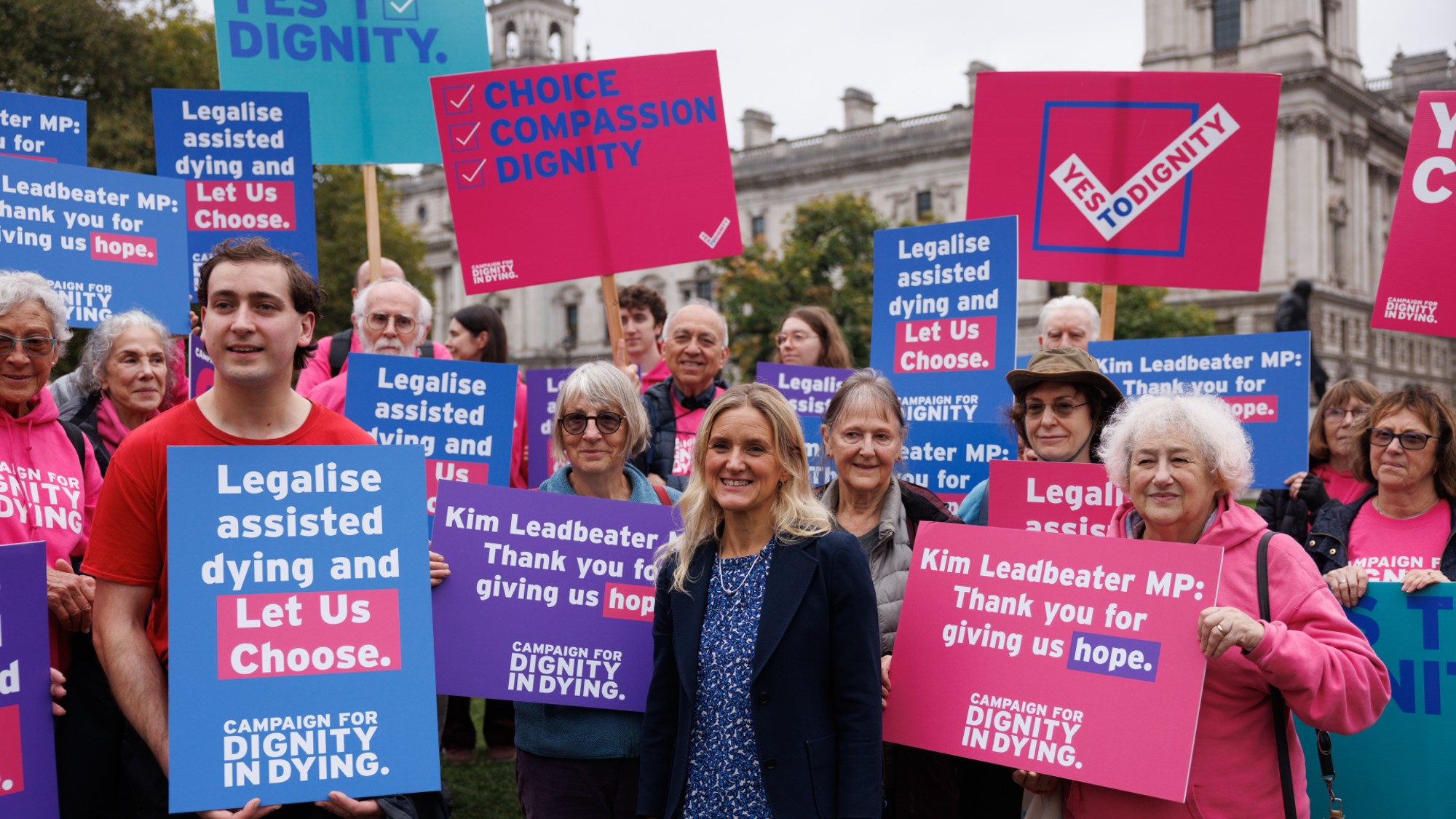Why Lucy Letby is back in court
UK's most prolific child killer begins retrial accused of attempting to murder baby girl

A free daily email with the biggest news stories of the day – and the best features from TheWeek.com
You are now subscribed
Your newsletter sign-up was successful
Britain's most prolific child killer in modern history goes on trial today accused of attempting to murder a baby girl.
Former neonatal nurse Lucy Letby was convicted last August of murdering seven babies and attempting to murder six others at the Countess of Chester Hospital between June 2015 and June 2016. The 34-year-old was sentenced to 14 whole life terms in prison.
Last month Letby lost an appeal against her convictions after three senior judges rejected claims that she was wrongly refused legal applications during her trial.
The Week
Escape your echo chamber. Get the facts behind the news, plus analysis from multiple perspectives.

Sign up for The Week's Free Newsletters
From our morning news briefing to a weekly Good News Newsletter, get the best of The Week delivered directly to your inbox.
From our morning news briefing to a weekly Good News Newsletter, get the best of The Week delivered directly to your inbox.
What are the charges against her?
The jury in the original 10-month trial at Manchester Crown Court was unable to reach a verdict on six counts of attempted murder in relation to five children.
After one of the longest trials in British legal history, today the same court will hear how Letby tried to murder a baby girl, known as Child K, in February 2016.
Letby, who denies all the charges, was cleared of two counts of attempted murder in August 2023.
Following the trial, Chief Crown Prosecutor, Jonathan Storer, said the decisions to seek retrials on the remaining counts of attempted murder were "extremely complex and difficult" and had been agreed only after consultation with "the families affected, police and prosecution counsel".
A free daily email with the biggest news stories of the day – and the best features from TheWeek.com
The retrial is expected to last for up to four weeks.
What are the reporting restrictions?
In September last year, the Crown Prosecution Service said in a statement that "there should be no reporting, commentary or sharing of information online which could in any way prejudice these proceedings".
The court order "prohibits reporting of the identities of the surviving and dead children who were the subject of the allegations", said The Independent.
For this reason, neither the appeal judges' decision nor full details of the appeal hearings, which took place over three days in April, were made public.
The aim of reporting restrictions is to prevent the publication of material that might prejudice trial proceedings and members of the jury. Journalists found guilty of contempt of court can face imprisonment.
British-based news publications and social media users can report only on the outcome of the original trial, the determination that Letby was not guilty on two counts of attempted murder and the jury's failure to return a verdict on a further six charges of attempted murder, one of which is the subject of the retrial.
International media are not bound by such restrictions, however. This has led to the possibility of a "showdown" between UK courts and publisher Condé Nast, said the Press Gazette, after a New Yorker story revisiting the Letby conviction was blocked on its website for UK users but made available in print and on mobile app editions.
ITV News said the 13,000-word article "questioned the evidence used in the trial which convicted Letby".
Conservative MP David Davis – a long-time free speech advocate – criticised the web block on the story. "It seems to me in defiance of open justice," said Davis, who called on the government to review the orders restricting publication.
-
 How the FCC’s ‘equal time’ rule works
How the FCC’s ‘equal time’ rule worksIn the Spotlight The law is at the heart of the Colbert-CBS conflict
-
 What is the endgame in the DHS shutdown?
What is the endgame in the DHS shutdown?Today’s Big Question Democrats want to rein in ICE’s immigration crackdown
-
 ‘Poor time management isn’t just an inconvenience’
‘Poor time management isn’t just an inconvenience’Instant Opinion Opinion, comment and editorials of the day
-
 How far does religious freedom go in prison? The Supreme Court will decide.
How far does religious freedom go in prison? The Supreme Court will decide.The Explainer The plaintiff was allegedly forced to cut his hair, which he kept long for religious reasons
-
 The Supreme Court case that could forge a new path to sue the FBI
The Supreme Court case that could forge a new path to sue the FBIThe Explainer The case arose after the FBI admitted to raiding the wrong house in 2017
-
 'Libel and lies': Benjamin Netanyahu's corruption trial
'Libel and lies': Benjamin Netanyahu's corruption trialThe Explainer Israeli PM takes the stand on charges his supporters say are cooked up by a 'liberal deep state'
-
 Assisted dying: what can we learn from other countries?
Assisted dying: what can we learn from other countries?The Explainer A look at the world's right to die laws as MPs debate Kim Leadbeater's proposed bill
-
 The rules for armed police in the UK
The rules for armed police in the UKThe Explainer What the law says about when police officers can open fire in Britain
-
 How would assisted dying work in the UK?
How would assisted dying work in the UK?The Explainer Proposed law would apply to patients in England and Wales with less than six months to live – but medics may be able to opt out
-
 The EU's landmark AI Act 'rushed' out as countdown begins on compliance
The EU's landmark AI Act 'rushed' out as countdown begins on complianceThe Explainer 'We will be hiring lawyers while the rest of the world is hiring coders' – Europe's warning about new AI legislation
-
 Where does Labour stand on trans rights?
Where does Labour stand on trans rights?The Explainer Party plans to 'modernise and simplify' process of changing gender and vows to scrap guidance on teaching gender ideology in schools